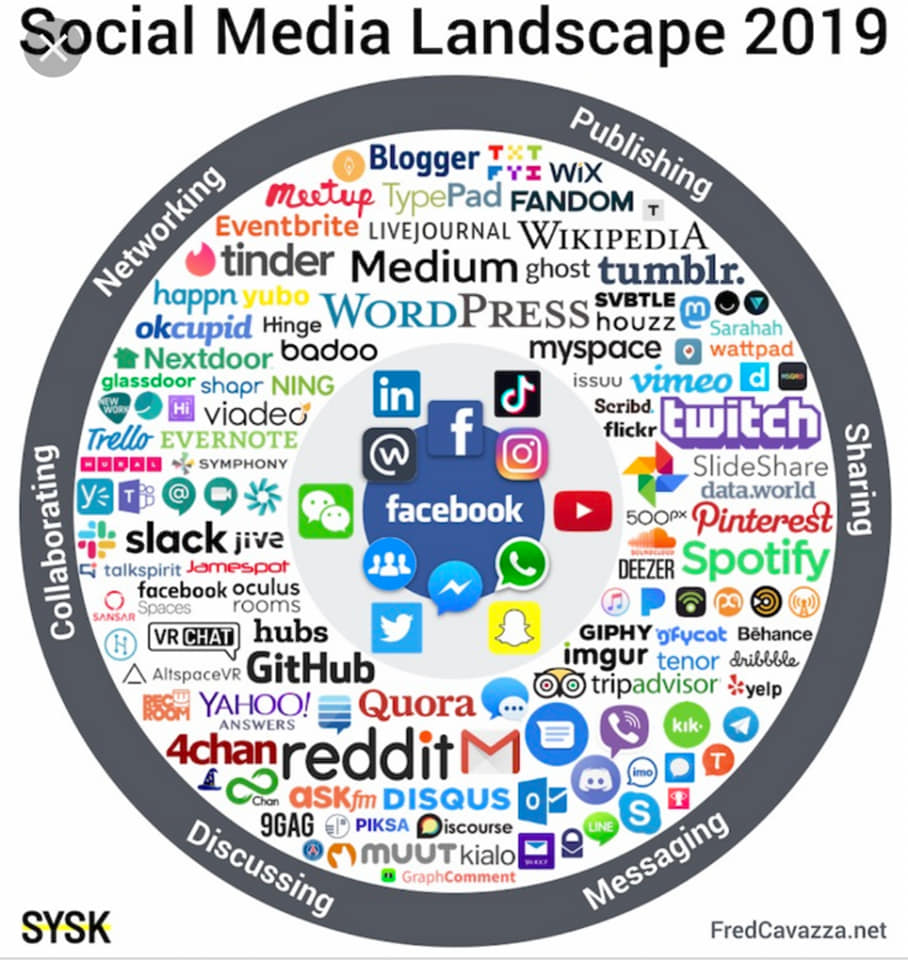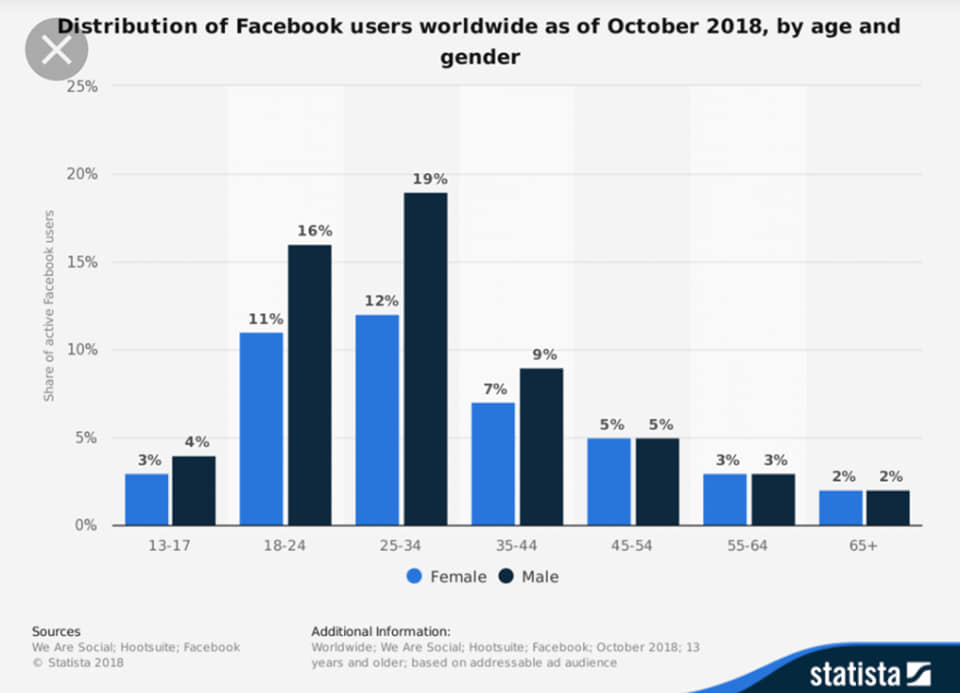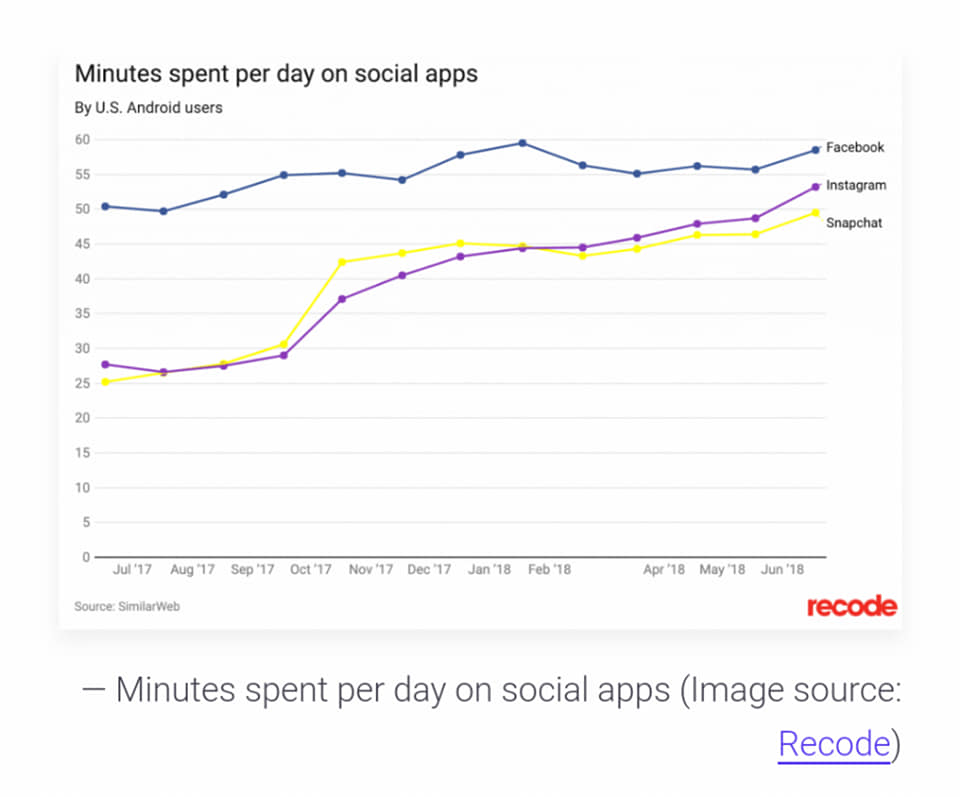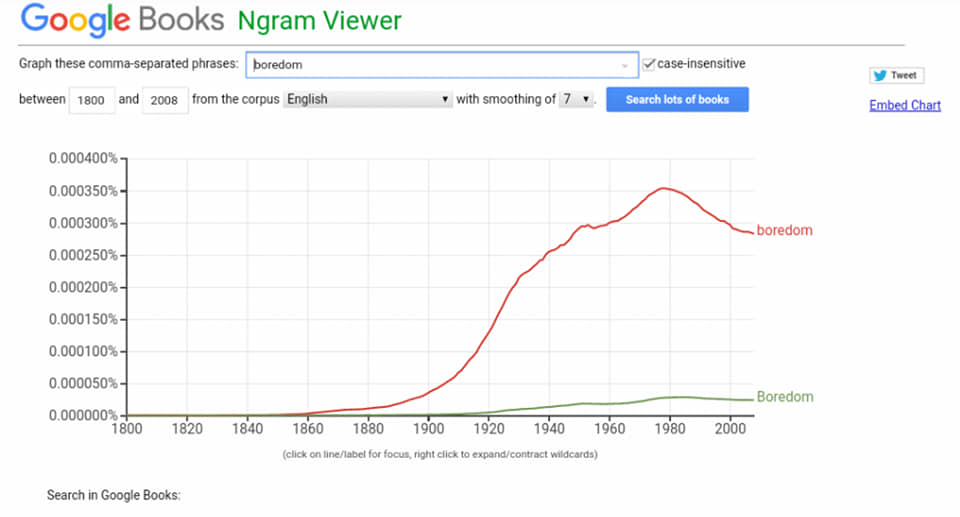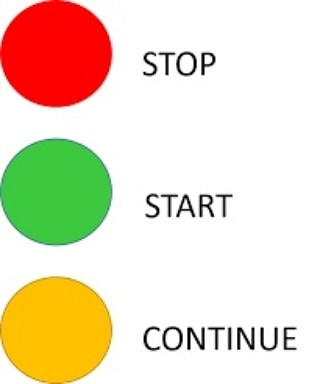My thoughts as a newbie on Instagram
How have we become dependent on our phones, internet and social media in particular?
Why has this become an inseparable part of our lives?
What’s the mystery behind Facebook and Instagram?
Facebook gets >2 Billion monthly active users. And nearly 70% of our country (the US) has a FB account.
(Kinsta, Jul 19, 2019: https://kinsta.com/blog/facebook-statistics/)
Here’s the logical chain of events as I see it:
1) first, the HYPE, it affects our decision to join (<=conformism, we want to be like everyone else, we don’t want to stand out, we want to be accepted by the society) ->
2) then, as we join and become active users, BOREDOM becomes the driving factor behind the amount of time we spend on SM.
As of about a year ago, an average Android user would spend nearly an hour on FB, and equal amount on Insta and Snapchat. That’s total of almost 3 hours of SM time, which is somewhere between 15 and 20% of our waking hours! Add other platforms to these stats – and the picture becomes even more shocking.
I discovered today that the word “boredom” became active in human vocabulary only in 1850’s and reached its peak in 1980 (see image attached).
Before mid 19th century people did not know that boredom was an issue that they had to deal with (which now seems almost impossible to comprehend). It was simply not a problem that needed to be addressed. Come 20th century – the awareness begins to rise, which triggers creativity, which triggers innovations (including technology), which seemed to have kept some of us entertained (according to the declining graph on the photo).
So far so good. However…
3) as we keep coming back to SM to kill time – we develop a habit, which then becomes an ADDICTION. This makes us return to it again and again, even when “killing time” is no longer the purpose. It becomes part of our lives. You get a new job, pop out 2 kids, you have zero free time on your hands – and yet, every few hours (minutes for some) your catch yourself reaching for your phone anxious to see how many people liked your recent post (where you look so friggin hot and of course you want the whole world to appreciate it), or what’s happening in the community because you absolutely have to know, in order to avoid that FOMO, or see if some inexperienced mother of a newborn baby absolutely needs your expert advice on what to offer as first solid food, because the baby won’t survive without your opinion being expressed (amen, you just saved a life and you feel good about yourself).
As with most data platforms: the flow of information is bi-directional. “Push and pull”. You have an ability to consume information but you also have the power to generate content. Both aspects are entertaining and addictive as each fulfills a different need: hunger for new information (or simply dealing with boredom) and desire to be heard, to be appreciated, to be meaningful.
Some of us view this dependency on Internet as an addiction, yet some consider it a pleasant, positive beneficial addition to our daily routine.
Which is it? The answer is (in my humblest opinion): you make it what you want it to be because you’re in control.
It absolutely can be positive and perhaps even enriching, assuming it doesn’t take away from other (more crucial and valuable) aspects of your life: your loved ones (real people surrounding you), your career, and finally – your mental health.
A good podcast related to this topic (and a book referenced in it):
Is Tech Making Us – Bored, Lonely, Angry, Stupid? From Telegraph to Twitter…
More interesting data from Kinsta: though the average Facebook user has 338 friends, they only consider 28% of their friends to be genuine or close friends. So, most of the time, we’re interacting with strangers. People you have never met and in most cases – never will. For some reason, those people become more important than your inner circle.
So…
Technology is good. Progress is good. But we have to realize that technologies have emotional and social implications, and keep control of our lives by balancing our pastime and keeping our values in the right order.

